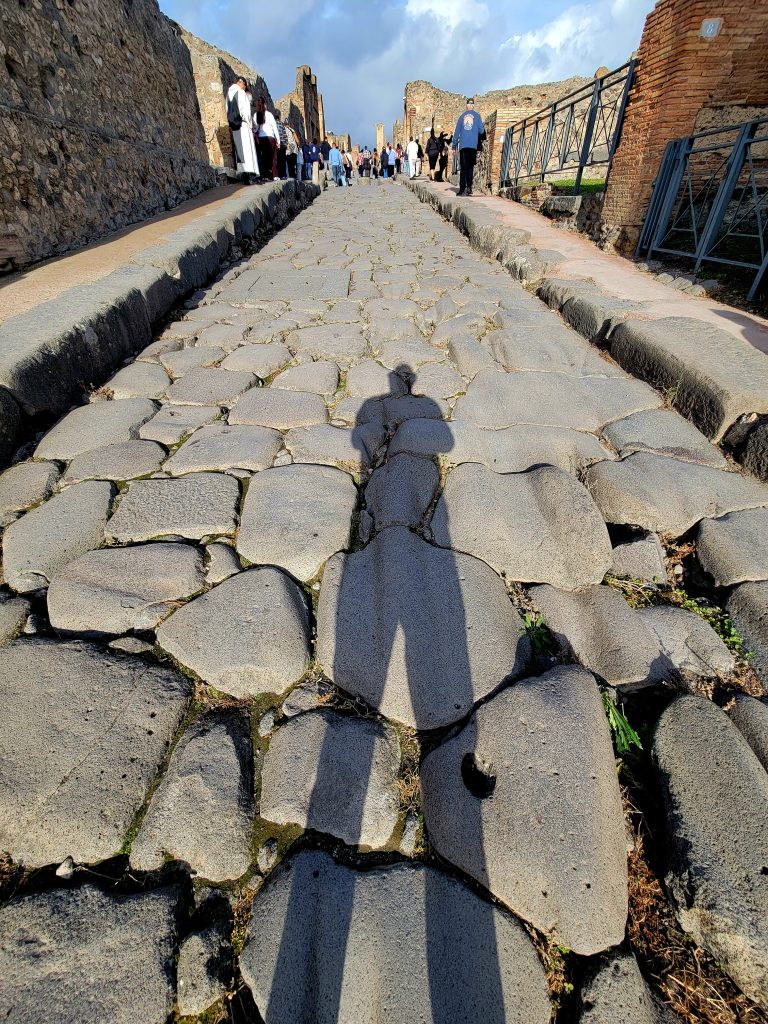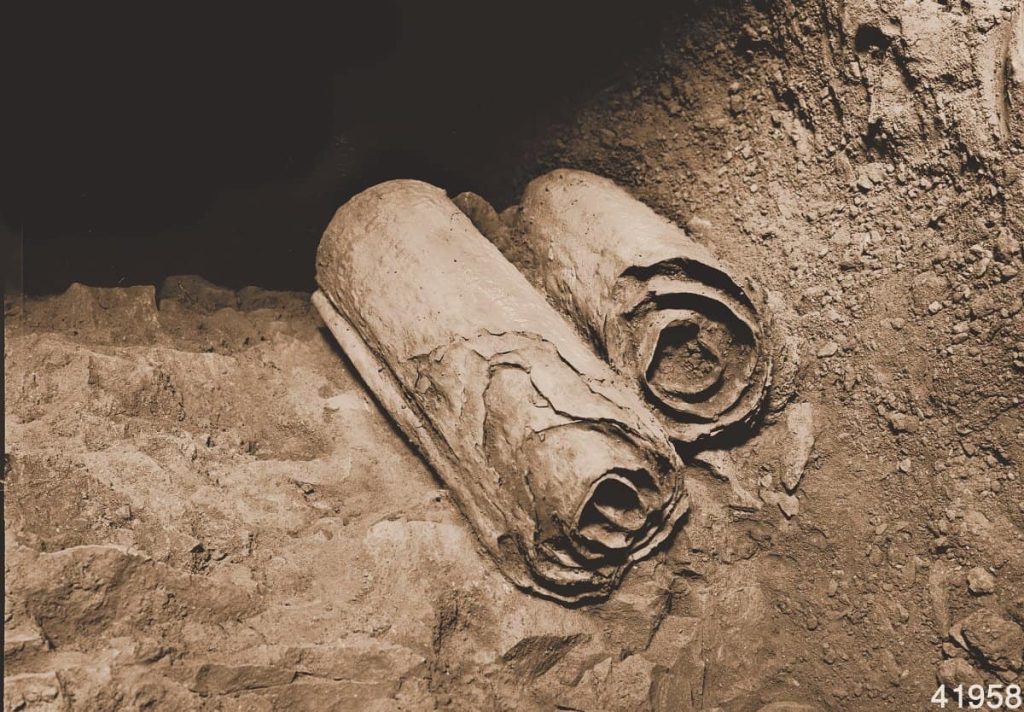Theology, Justice, Police Reform: Thinking Out Loud
Author: Bobby Valentine | Filed under: American Empire, Black History, Church, Contemporary Ethics, Culture, Mission, PoliticsScripture:
“Justice, and only justice, you shall pursue,
so that you may live and occupy the land
that the LORD your God is giving you.” (Deuteronomy 16.20)
“Seek good, not evil,
that you may live.
Then the Lord God Almighty will be with you,
just as you say he is.
Hate evil, love good;
maintain justice in the courts.
Perhaps the Lord God Almighty will have mercy
on the remnant of Joseph.” (Amos 5.14-15)
“This is what the Lord Almighty said:
‘Administer true justice;
show mercy and compassion to one another.
Do not oppress the widow or the fatherless,
the alien or the poor.
Do not plot evil against each other.’” (Zechariah 7.9-10)
“The righteous know the rights of the poor;
the wicked have no such understanding.” (Proverbs 29.7)
These out loud thoughts are an attempt to think as a disciple of Jesus on this matter. They are thoughts not written in stone.
Many white Americans became graphically aware that we have a problem with police brutality through the lynchings of Ahmaud Arbery, Botham Jean, George Floyd and now Tyre Nichols. People of color in the USA, black, brown, yellow have been all to familiar with this streak of bloodshed through long experience.
Others, usually people who have skin like mine, insist that these incidents are really “blown out of proportion” and there is no systemic issue at all. After some serious reading on the history of policing in the USA, I have concluded that there is in indeed systemic issues. The Tyre Nichols case practically explodes this in our face. I summarize the long sordid tale of police violence as “institutionalized sadism.” But it is a problem that is far bigger than one person. Bigger than one officer too. It is a system. We understand how “operating systems” can have enormous impacts upon our computers, phones, cars, etc. Our society also behaves like a “system” for good or ill.
What can we do? I honestly do not know and am only thinking out loud.
I was up late last night reflecting on some of the back and forth discussions that erupted on my wall yesterday. I have had a few offline discussions as well regarding it.
Unlike people of color, I have no experiential knowledge to draw upon. But I do draw on the testimony of my sisters and brothers of color. I believe them when they testify that they live in fear of the police. I believe them when they say they are targeted. So I want to share some of my thought processes right now.
- Principalities and powers are real.
- Evil is Bigger than Us.
Again, I think about this as a person who believes in the Story in Scripture. In Scripture we encounter the Principalities and Powers in places like Colossians (1.16; 2.13-15; whole book arguably), Romans (8.19-22, 38-39), 1 Corinthians (2.8; 15.25-26); Ephesians (6.10-20), Revelation and other places.
If the cosmic powers (like a system) are real then they still operate in our own world as they did Paul’s. These Principalities and Powers are first the enemies of God; second, they are the enemies of God’s good creation. They vandalize and disrupt shalom. Where would principalities and powers take up residence in our world? It seems to me they would go to places where the most harm can be done:
- Government
- Law enforcement
- Churches
At least some in our world can imagine something like this happening. In the 2017 movie, Wonder Woman, the god Aries takes up residence among the governments in both Germany and England. When we look at the history of policing in the United States it is certainly more than possible that malevolent evil has inhabited the halls of justice and perverting them into venues of institutional sadism.
Walter Wink, in Engaging the Powers, and Marva Dawn, in Powers, Weakness, and the Tabernacling of God, ask how Christians can engage such powers that are greater than any one of us. If the Cross actually unmasks the powers (Col 2.15) then it is in the Cross that we find the power of God for defeating the powers.
But it is right here that I think the church has colluded with the principalities and powers themselves. We must consciously embrace values that are fundamentally antithetical to the values of the principalities themselves.
But I think we have put value in the wrong place. As I was tossing and turning in bed last night a passage from Ta-Nehisi Coates came to mind that stuck with me and began fueling my reflections. He notes that cameras, sensitivity training, and even diversity fail to address the real moral issue. “The truth is” he says that police reflect the values, the value, of the greater society in which they operate. What is that value? A few pages later he states, “According to this theory ‘safety’ was a higher value than justice, perhaps the highest value.” (See Between the World and Me, pp. 78-79, 84-85). This is an arresting perspective.
“Safety.” Ohhhhhh how easy it is to baptize that value and to make into a supreme good. Safety is a higher, greater, good than justice. And the values that flow from justice like compassion, human dignity, self sacrifice of personal gain for the sake of others. In fact, many have explicitly gone this direction by embracing “ethical egoism.” The basic philosophy of Ayn Rand expressed in Atlas Shrugged.
But gross abuse of justice can take place in the interest of “safety“. Heinous crimes are committed in the interest of safety. Safety is, perhaps, the greatest value. The safety of “our way of life.” These crimes are not only overlooked but acceptable and justified because the greatest value is the safety of our stuff, the safety of our money, the safety of our possessions. This is exactly the kind of lie the principalities and powers want us to sell our souls to.
But safety and Justice, especially biblically, are not the same thing. Righteousness and Justice are practical synonyms. But safety and justice are not by any means.
Injustice in the name of justice is a moral contradiction. When justice is the greatest value then there are numerous actions that can never be embraced precisely because those actions violate what is the good. Justice literally trumps the value of “safety.” Especially when our safety requires the degradation of another human being.
If we are going remove the powers, then we must tell the Truth to them and to ourselves. If Coates is right and the police actually reflect back to us the highest value that we ourselves hold, then the only way to change the culture of the police is to change the values we hold dear.
What values must we hold dear to defeat the Principalities? Those are the values of the cross. The highest value is not safety. It is justice as reflected throughout the Story and ultimately in the life, death and resurrection of the One who GAVE UP “SAFETY” for the sake of the poor, the disenfranchised, for the excluded. Jesus came to set free those thrown in the prisons (Luke 4.18-19).
“But let justice roll down like waters,
and righteousness like ever flowing waters” (Amos 5.24)
“He has showed you O Human, what is good;
and what does the LORD require of you
but to practice justice, and to love kindness;
and to walk humbly before your God” (Micah 6.8 )
“Woe to you, scribes and Pharisees, hypocrites!
For you tithe mint, dill, and cummin,
and have neglected the most important stuff of the law:
justice, mercy and faithfulness” (Matthew 23: 23)
If the police do reflect back to us, the value we as a society embrace, then to change them, we must change ourselves. When we as a society embrace a value of justice we will demand that those who carry a gun and a badge will also hold that value supreme.
Have we been deceived?
Have we bought into the lie of the Principalities and Powers?
Have we sought safety (and all its abuses) over justice?
I am thinking out loud but as a Christian, I think biblical theology has something to say.









